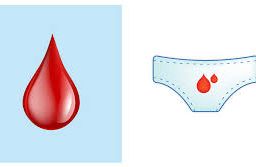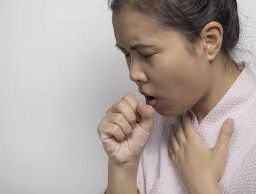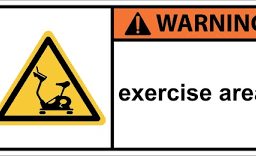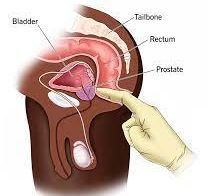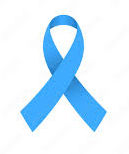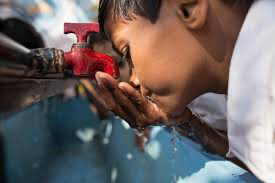
Why Safe Water Practices Are Crucial for Health
Safeguarding your well-being starts with prioritizing safe water practices. In this guide, we’ll explore effective measures to protect against waterborne diseases, ensuring access to clean and uncontaminated water. From proper purification methods to smart storage techniques, empower yourself with knowledge for a healthier life.
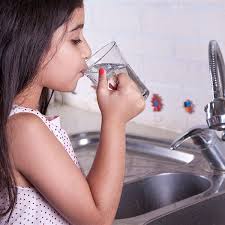

Preventing illness from unsafe water is crucial for safeguarding your health. Contaminated water can harbor various bacteria, parasites, and viruses that can lead to waterborne diseases. Here are some essential tips to help you prevent illness from contaminated water:
Use Safe Water Sources: Whenever possible, obtain water from sources that are known to be clean. This may include tap water from a treated municipal supply, bottled water from trusted brands, or water that has been properly treated and purified using approved methods.
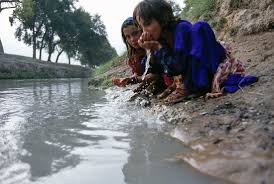

Boil Water: If you suspect that your water source is contaminated, boiling is an effective method to kill most types of pathogens. Bring the water to a rolling boil for at least one minute (longer at higher altitudes) to ensure that harmful microorganisms are destroyed. Allow the water to cool before using it.
Water Filtration and Purification: Invest in a water filtration system or portable water purifiers that are designed to remove or kill bacteria, parasites, and viruses. Look for products that are certified to meet recognized standards for water treatment.
Chlorine or Iodine Tablets: In situations where you don’t have access to clean water or proper filtration equipment, using chlorine or iodine tablets can help disinfect water. Follow the instructions provided with the tablets to ensure proper usage and effective disinfection.


Store Water Properly: If you store water for future use, it’s essential to do so correctly to prevent contamination. Use clean, airtight containers made of food-grade materials and keep them in a cool, dark place, away from direct sunlight. Avoid storing water near chemicals or other substances that could contaminate it. Regularly rotate your stored water supply to maintain its freshness.
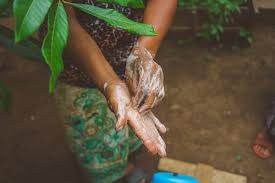

Practice Hand Hygiene: Proper handwashing is vital to prevent the spread of waterborne diseases. Always wash your hands thoroughly with soap and clean water before handling food, eating, or preparing meals. If soap and water are unavailable, use an alcohol-based hand sanitizer with at least 60% alcohol content.
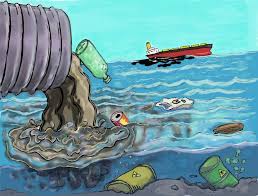

Avoid Direct Contact with Contaminated Water: When engaging in recreational activities near bodies of water, avoid direct contact with water that may be contaminated. This includes swimming, bathing, or consuming water from unknown sources. Be cautious of recreational water sources that are not properly treated or monitored.


Be Wary of Ice and Beverages: Ice made from contaminated water can be a source of illness. When consuming beverages outside your home, ensure that ice is made from treated water. Be cautious when consuming drinks prepared with potentially unsafe water sources, such as ice-cold beverages from street vendors.


Wash and Peel Produce: Fruits and vegetables should be thoroughly washed with clean water before consumption, particularly if they will be eaten raw. Consider peeling fruits and vegetables, as this can help remove surface contaminants.
Educate Yourself and Others: Stay informed about water-related health risks in your area. Be aware of any advisories or alerts issued by local health authorities. Share information and educate others about the importance of hygienic practices to prevent waterborne illnesses.
Remember, prevention is key when it comes to waterborne illnesses. By following these guidelines and adopting safe water practices, you can significantly reduce the risk of falling ill from contaminated sources. Prioritize your health by ensuring access to clean and potable water, whether through proper treatment, filtration, or relying on trusted water sources.
Disclaimer: The information provided in this content is for general informational purposes only. It is not intended as medical or healthcare advice, diagnosis, or treatment. Always seek the advice of a qualified healthcare professional with any questions you may have regarding a medical condition or healthcare decisions.


